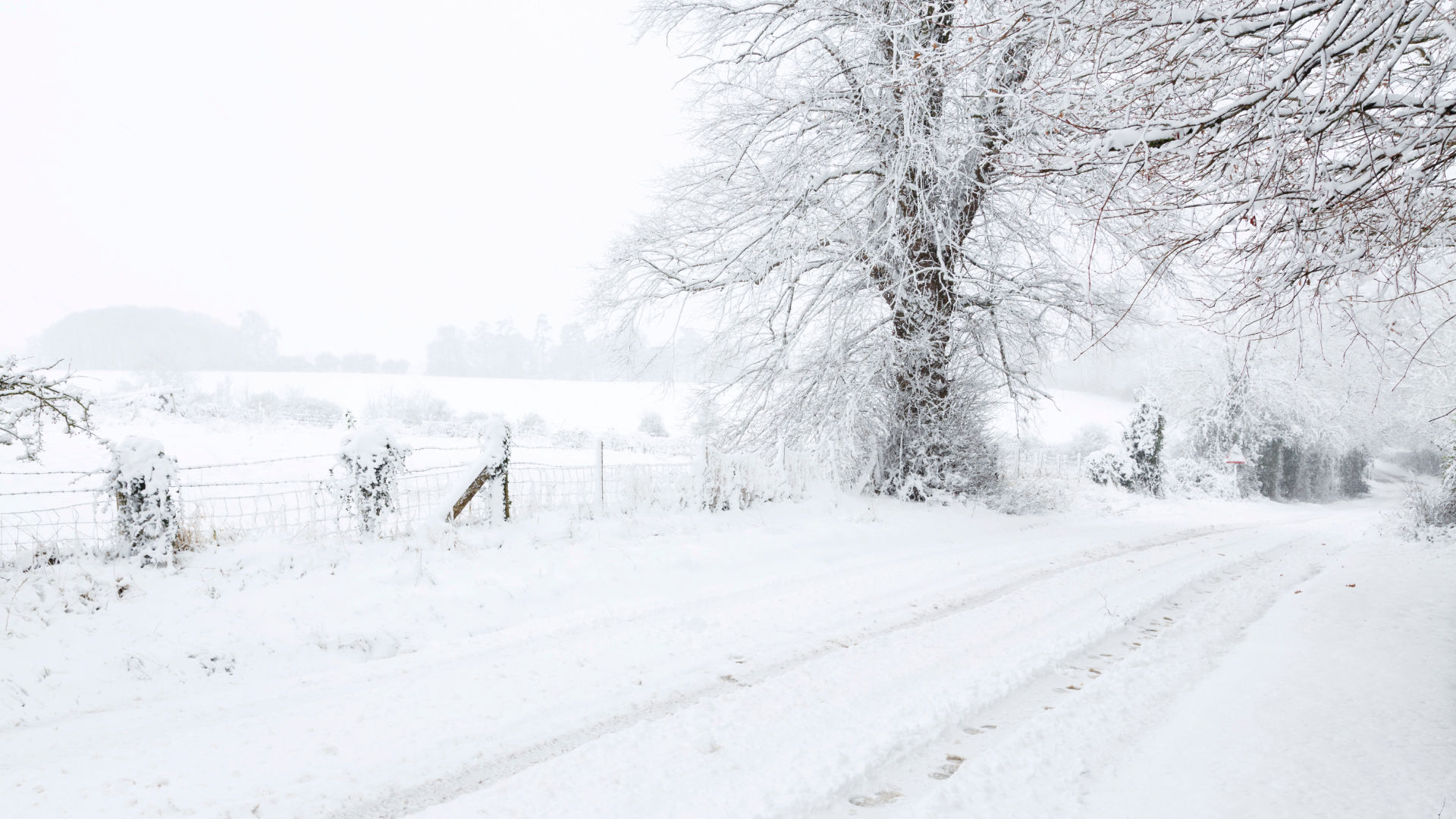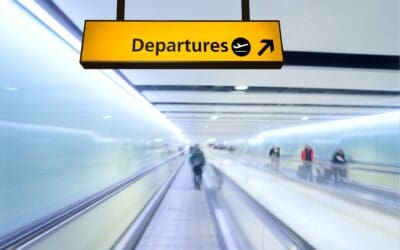Winter chauffeur travel in Yorkshire can be atmospheric — frost on moorland, crisp coastal air and early dusk — but it also brings fog, ice and heavier traffic that affect travel times. Choosing Premier Executive Chauffeur Services reduces stress because our chauffeurs plan for winter conditions, run winter vehicle checks and provide passenger comforts that make journeys safe and pleasant. This guide explains what to expect, how to prepare, and what Premier Executive Chauffeur Services (or any reputable chauffeur provider) should offer during the cold months.
- Common winter travel challenges in Yorkshire
- Reduced visibility: fog and early nightfall, especially on higher ground and coastal corridors.
- Slippery roads: black ice and compacted snow on minor roads and rural lanes.
- Slower traffic: holiday periods and adverse conditions increase journey times.
- Disrupted public transport: cancelled trains or buses lead to greater demand for private transfers.
- Airport delays: winter weather can cause flight delays, increasing waiting times and the need for flexible pick‑up.
- What to expect from a winter‑ready chauffeur service
- Proactive journey planning: real‑time traffic and weather monitoring; earlier departure times built into schedules; alternative routes pre‑planned.
- Flight monitoring: automatic tracking of arrivals and departures so pick‑ups adjust to delays without additional passenger worry.
- Vehicle checks: tyres with adequate tread, correct pressures, antifreeze levels, battery health and functioning heating systems.
- Driver training and experience: chauffeurs familiar with driving on snow and ice, and with county‑specific routes and hazards.
- Clear booking communications: confirmation messages that advise suitable pick‑up windows and contingency plans in bad weather.
- Vehicle winter checks and equipment (what to ask for) When booking, confirm that the provider does the following as standard:
- Regular checks of antifreeze, screenwash (freeze‑resistant), battery and oil levels.
- Working heating, demisters and rear‑window heaters.
- Ice scraper and de‑icer in the vehicle.
- Emergency kit for longer journeys: torch, blanket, first‑aid kit, reflective triangle and basic tool kit.
- Mobile charging cables and in‑vehicle USB/12V sockets to keep devices powered during delays.
- Passenger comforts for cold-weather travel
- Effective climate control and extra blankets available on request.
- Warm bottled drinks or a thermos (offered on longer journeys where appropriate).
- Boot handling for wet footwear and umbrellas — drivers who can stow and protect luggage from snow and rain.
- Flexible pick‑up/waiting time options so you can shelter in a terminal or venue rather than stand outside in the cold.
- Clean, insulated passenger compartments and clear policies on vehicle hygiene in the winter months.
- Practical tips for passengers
- Allow extra time: book earlier pick‑ups for important appointments and airport departures; add contingency time to schedules.
- Share flight/train details: provide scheduled times and flight numbers so chauffeurs can monitor real‑time changes.
- Layer clothing: dressing in layers helps when moving between heated indoors and cold outdoor waiting.
- Keep devices charged: delays may happen — a charged phone ensures communication with your chauffeur.
- Pack essentials: umbrella, gloves, and a warm outer layer are small items that improve comfort during transfers.
- Notify the chauffeur of mobility needs: if older passengers, reduced mobility or prams are involved, confirm assistance and vehicle suitability at booking.
- Booking and cancellation policies — what to confirm
- Clear cancellation terms for severe weather: reputable services will outline fair cancellation or re‑scheduling policies when travel is unsafe or airports are closed.
- Waiting time allowances: confirm standard included waiting time for both airport and non‑airport bookings and how extra waiting is charged.
- Contingency transport: ask whether the service has access to alternative vehicles or drivers in case of breakdowns or staffing issues.
- Corporate accounts and group bookings: arrange flexible terms for regular clients who may need last‑minute changes during winter.
- Longer trips and rural travel — extra considerations
- Fuel planning: drivers should maintain sufficient fuel reserves on long rural runs in case of diversions.
- Remote pickup logistics: confirm exact collection points on narrow lanes and whether drivers will meet you at the gate or main road.
- Communication coverage: some rural areas have patchy mobile reception; arrange the most reliable meeting points and provide landmarks.
- Lighting and safety at late‑evening drop‑offs: ensure safe, well‑lit locations for passenger exits, or offer to escort passengers if needed.
- Cost considerations for winter travel
- A slight premium may be applied for winter readiness if additional staffing or route planning is required — ask for transparent breakdowns.
- Savings from reliability: fewer missed flights and on‑time arrivals often outweigh the small extra cost of winter preparedness.
- Corporate accounts: negotiating winter clauses and guaranteed availability can be cost‑effective for businesses that travel frequently.
- Example winter checklist for passenger bookings
- Provide flight or train number at the time of booking.
- Confirm pick‑up number, location and preferred contact phone.
- Ask the provider about vehicle checks and in‑vehicle heating provisions.
- Agree on waiting time and cancellation terms.
- Request any mobility aids, car seats or extra luggage handling at booking.
- Keep the driver’s phone number handy on the day.
- Why a professional chauffeur service matters in winter
- A trained chauffeur service reduces stress and risk: experienced drivers anticipate winter hazards, vehicles are maintained for cold conditions, and services such as flight monitoring and flexible pick‑ups keep journeys reliable.
- For business travellers, families and event guests, that reliability keeps schedules on track and makes winter travel in Yorkshire both safe and comfortable.
Conclusion
Winter chauffeur travel in Yorkshire need not be a source of anxiety. With proper planning, the right vehicle checks and a professional chauffeur who monitors weather and traffic, journeys remain punctual and comfortable. When booking, confirm winter readiness: tyres and vehicle checks, contingency plans, passenger comforts and clear cancellation terms.




